Babies are beautiful. On Instagram.
In real life, it’s drool and dirty diapers. It’s a messy house where you are forever stepping on rattles and legos. It’s ‘I-will-quit’ threats from your house help if she has to clean a kitchen that resembles a war zone one more time.
Some women have “jokingly” called parenting modern-day slavery. You are, after all, at someone’s beck and call 24/7. So, most women feel babies are a bliss as long as they are someone else’s, and are choosing to wait a few years after marriage to have their own.
While the reasons were plenty and varied, a major one behind women choosing to have babies later in life was the need to first focus on their careers and be financially secure before taking up an additional, lifelong responsibility.
Many women confessed feeling weighed down by the mere thought of having to juggle home and work responsibilities besides being put off by the concept of having a timeline for everything in life.
Kritishma Karki, 36, executive director at SAATH, doesn’t like how life is supposed to unfold in stages. There is the pressure to get married at a certain age which will automatically lead to the pressure to have children, she says.
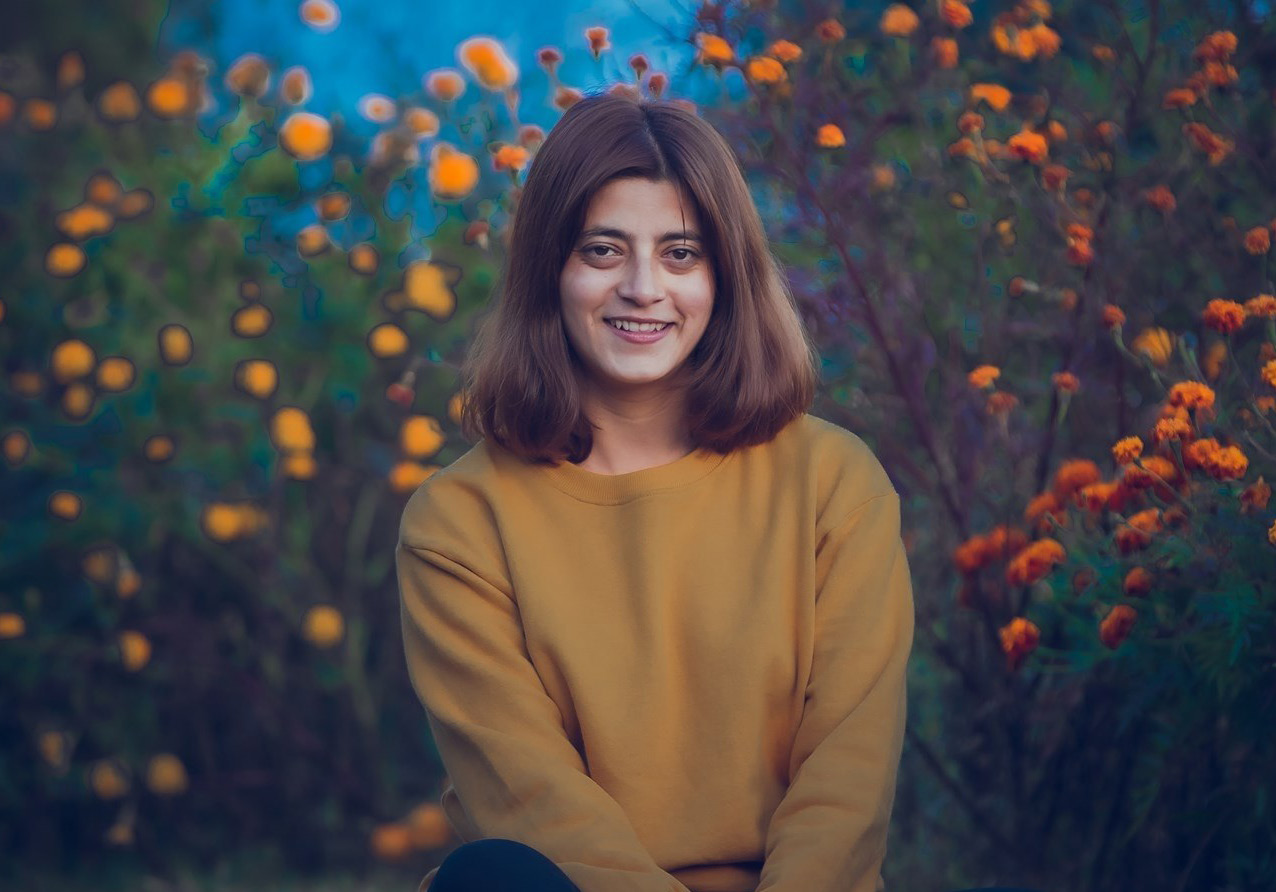 Kritishma Karki
Kritishma Karki
“Having a child shouldn’t be about ‘I have to’ but rather about ‘I want to’,” she says.
Bandana Shah, 28, who has been married for less than a year, likes the idea of having and raising kids. She just doesn’t think she and her husband are currently ready to take on such a huge responsibility.
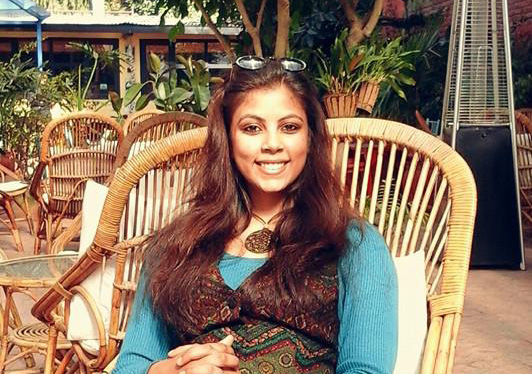
Bandana Shah
“We want to make sure we are capable of giving our child a good life. For that, we need to be financially secure first,” she says.
The couple has conveyed this to their parents and they understand. In fact, Shah’s stepmom actually tells her to enjoy married life for a few more years and only have kids in her mid-30s.
Shah works as content specialist at Shuraa Business Setup in Dubai and feels being away from home spares her from invasive personal questions.
Why is sex everyone’s business?
Not everyone is as lucky. Most Nepali women, even if they live abroad and don’t have to deal with nosy relatives on a daily basis, are coaxed into getting married and then having a child immediately thereafter.
Sneha Bhandari, 31, director of health informatics, Aegis Medical Group in Orlando, Florida, is often at the receiving end of comments like: “You are getting old, time for kids now”, and “Your parents are getting old. If you have one now, they can help you raise your child.” For her, it’s frustrating that sex is generally such a taboo but as soon as you get married, it becomes everybody’s business.
 Sneha Bhandari
Sneha Bhandari
“What if you have a child and then realize you are not made to be a parent?” she muses.
Most women APEX spoke to had similar concerns. They didn’t know if they were cut out or ready to be parents. To raise another human being requires dedication and a lot of effort, never mind round-the-clock vigilance, at least in the early years. It also means changing priorities and lifestyles. The unanimous opinion was that one has to be mentally, emotionally, and financially ready to have children.
But people don’t understand that, says Prerana Dhakhwa, 34, an HR professional. She says most have this stringent preconceived notion on how life must be lived and see children as a mandatory part of that “ideal life”.
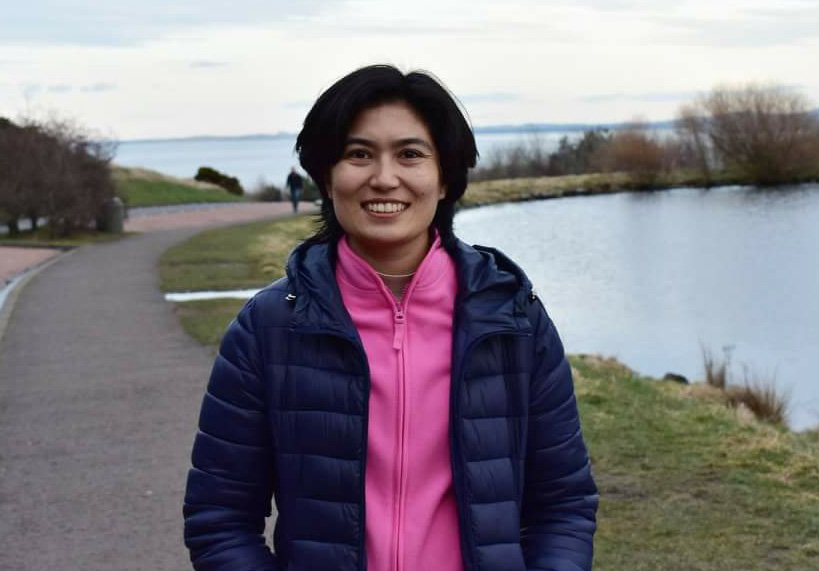 Prerana Dhakhwa
Prerana Dhakhwa
“There have been family members who have assured me that they will help me raise my children. All I had to do was give birth,” she says.
As enticing as that sounds, it’s not entirely feasible. Earlier, in joint family settings, bringing up children was relatively easy. There would always be someone to look after them. But with the number of nuclear families on the rise, parents are now the primary caretakers of their children.
While Dhakhwa wants to have children of her own someday, she says she definitely won’t do so under family or social pressure.
Other options open
Family pressure seemed to be a big reason why women who might not want a child now (or ever) were contemplating getting pregnant. Of the 60 women we questioned, 43 said they would be okay with not having children or adopting one later in life if their parents and in-laws weren’t pestering them for grandkids.
Supriya Pradhan, content writer and voiceover artist who got married in her late 20s, says every family function has felt like an ambush of sorts after she turned 30 a few years ago. Pradhan understands that some of her relatives are genuinely concerned. Years down the line, they want her to have someone to look after her—just like they have their children to look after them now. But she feels there are many factors to consider before having a child and you cannot only see it through a cultural lens.
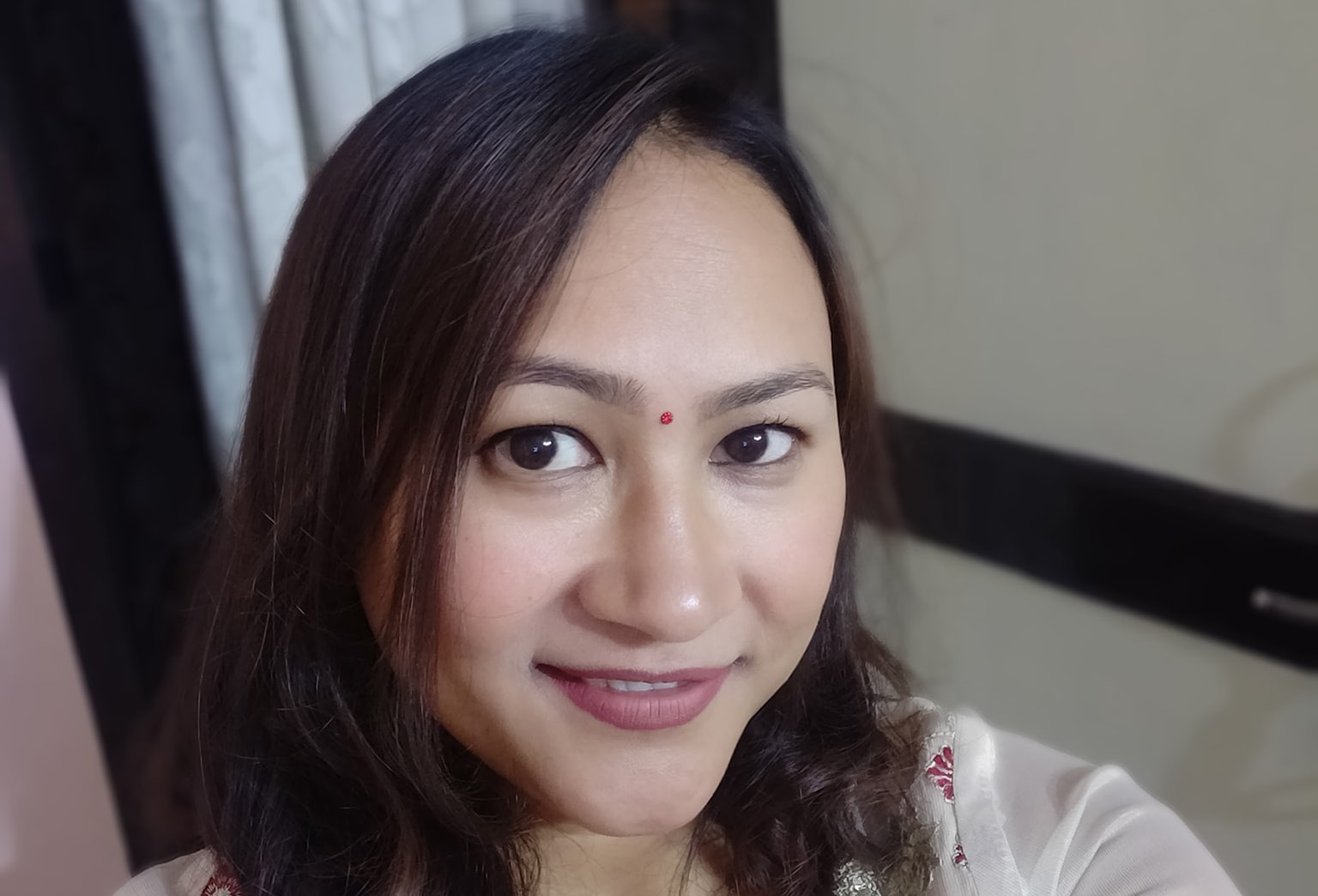 Supriya Pradhan
Supriya Pradhan
“I believe there is a right time. A lot of things like your emotional state, health, and finances determine that time,” she says.
Pragya Sitoula, 35, a resident of Pennsylvania, US, has similar views. Married for seven years, she has had more than a fair share of pressures to “start a family”. Now, she says, people wonder if either she or her husband have health issues preventing them from conceiving.
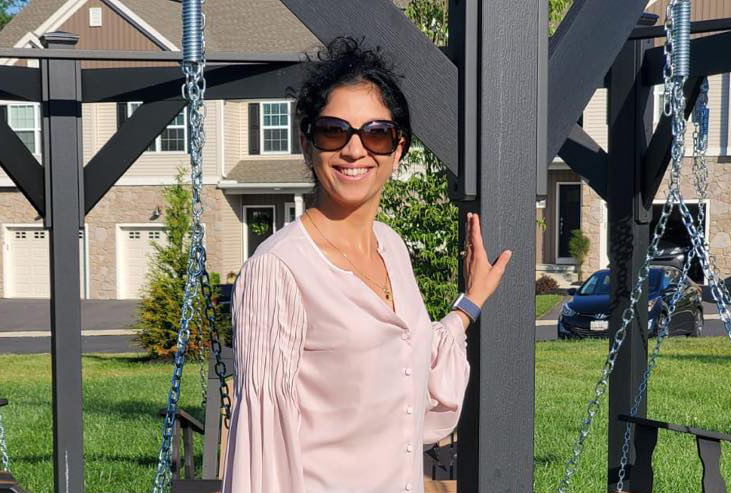 Pragya Sitoula
Pragya Sitoula
However, Sitoula is on the fence about children. On one hand, she sees photos of cute babies on Facebook and Instagram and that makes her want to have one. On the other, the thought of additional responsibilities a child bring along stops her from making any rash decisions.
“A major factor for me is job stability and security, at least for one person in the household, before I even think about having a child,” she says.
Rosha Basnet, 33, journalist and Everest summiteer, says she wants to be a proud mother of at least three or four kids if she achieves one of her primary goals: financial freedom. This, she believes, will allow her the luxury of time and she could then better attend to the duties as a parent.
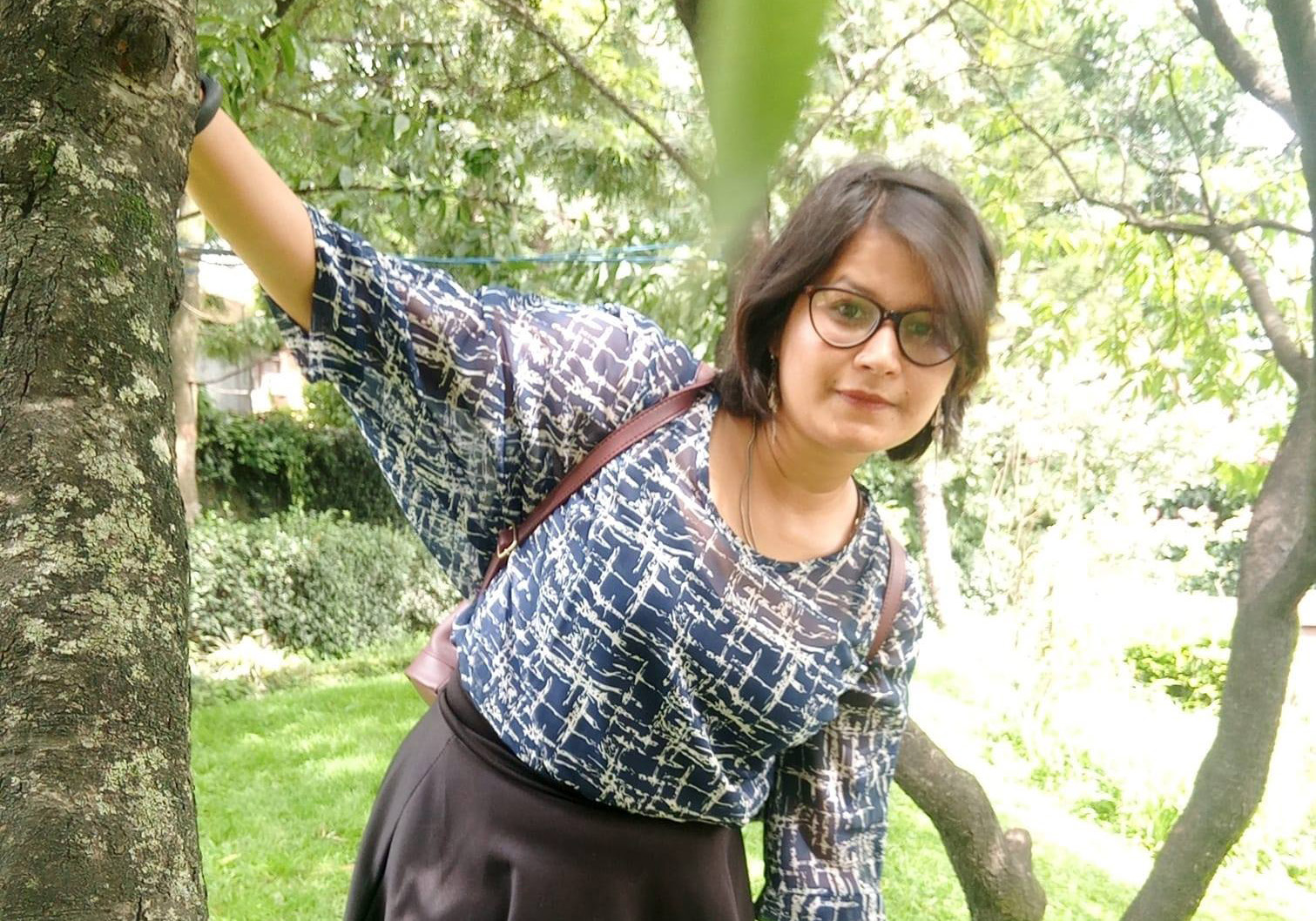 Rosha Basnet
Rosha Basnet
Costs—and benefits
Complications in late pregnancies—like preeclampsia, fetal growth restriction, and spontaneous preterm birth—and the thought of slowly running out of childbearing years, make many women consider taking the plunge. But advancements in medical technology (you can now freeze your eggs), and the option of adoption help allay some of their fears.
Though having a baby in their 20s might be a safer option, conceiving in their mid- or late-30s definitely has its own perks, say most women APEX spoke to. One of the biggest plusses is you develop patience and confidence with age and are thus likely to be better parents.
Dhakhwa says having a baby with the right partner and with proper resources matter as much as having a baby at a safe reproductive age. If that means having her first child when she’s in her late 30s, so be it.
Bhandari, too, will have a baby on her own terms. She wishes people would understand that we have different priorities in life and not all of us want the same thing.
Likewise, Pradhan also doesn’t consider having a baby an obligatory part of married life. Shah wants a kid before she is 30 for health reasons and also because she has heard breastfeeding reduces cancer risks (she lost her mother to breast cancer). But the thought of the enormous amount of energy she would require to juggle home, work, and children makes her reconsider.
While families and the society expect pregnancy to follow marriage in quick succession, women, of late, are choosing to take their time and only have a child when they feel secure enough to take care of one. It’s not like adopting a pet, they say.
Dixa Thapa, 36, MD, Everest Hitech, a trading company, says she chose to have a child almost four years into her marriage—when both she and her husband felt they wanted one.
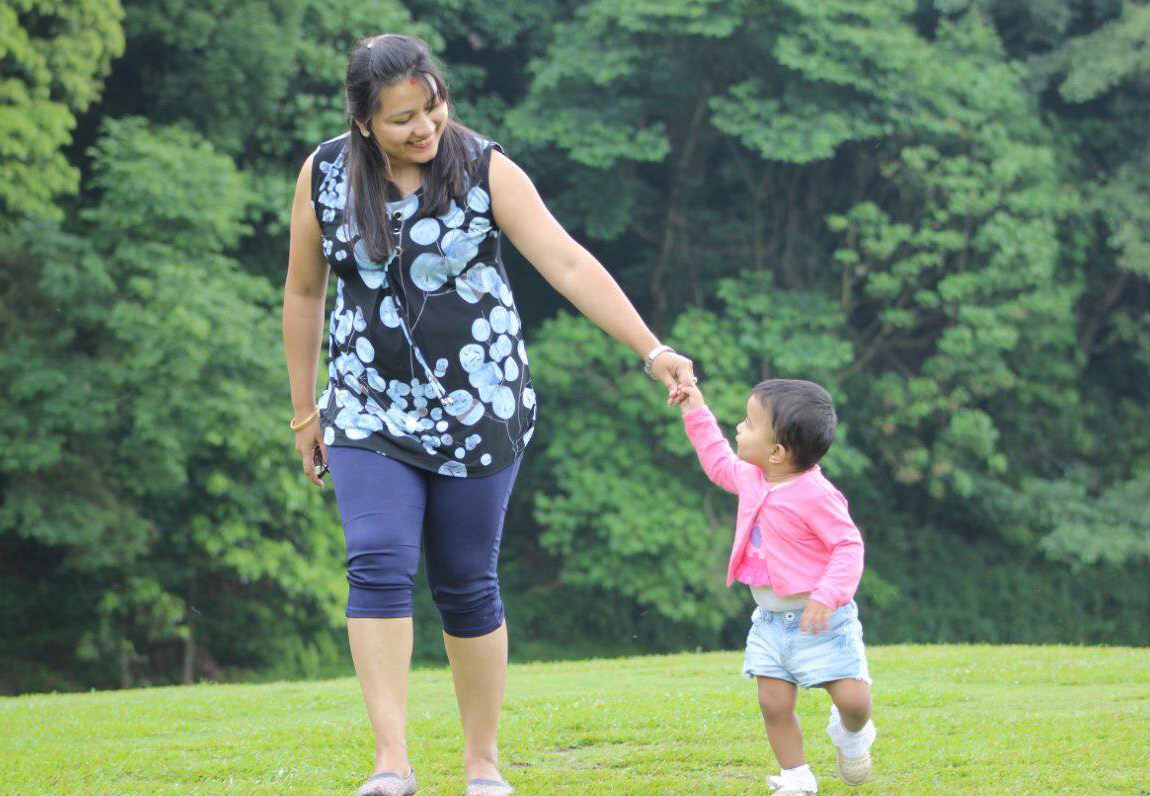 Dixa Thapa
Dixa Thapa
“Motherhood is beautiful. But you shouldn’t have a child unless you are ready for it because ultimately s/he is your responsibility. There might be lots of people willing to help you or so they tell you, but when your child poops, pukes or cries, s/he will automatically end up on your lap,” she says.










